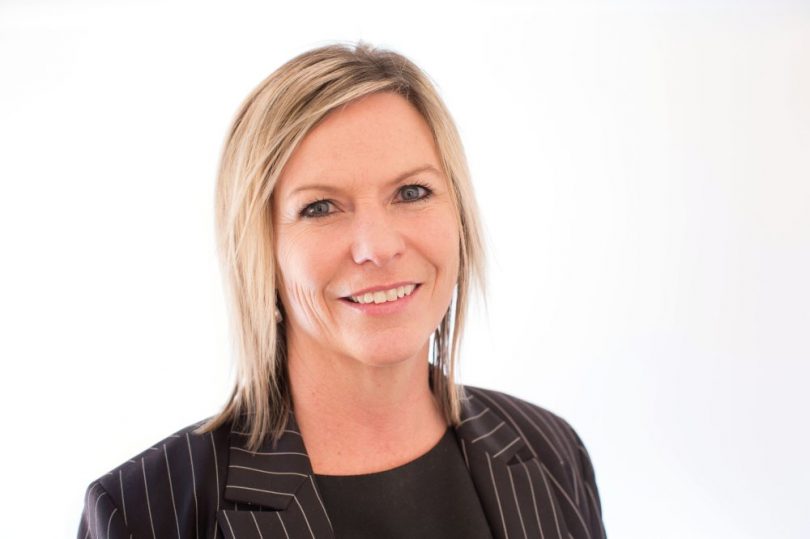
There is no doubt gender equality is good for business, but to truly achieve it, is a different matter. Authentic gender equality requires a shift in the contemporary paradigms of work and caregiving. It demands the reinvention of what we consider work to be, what it looks like and how we organise, measure and reward it. Above all, it must be founded on the principle of diversity that is often quoted as part of corporate strategies although often elusive in practice.
So, how can we achieve it? In July, DFP Recruitment and the Gender, Leadership and Social Sustainability Research Unit (GLASS) at Monash University conducted a forum to progress gender equality in the workplace. The aim being to generate innovation and commitment to building gender equality in the workplace beyond ‘flexible work options’ such as working from home or varied start and finish times. Although commonplace, these initiatives have not delivered the necessary equilibrium.
Here are some daring ideas pitched by our panel experts, Samone McCurdy, Michelle Dixon, Mark Briffa, Katie Briffa, Bianca Hartge Hazelman, and Simone McLaughlin, to help bridge this gap:
- Interrogate assumptions about gender; question everything. Asking ‘why’ and challenging assumptions is essential to better equality. Take an active stance and challenge others.
- Make employees financially literate. What do I mean by this? Provide information on the impacts of caregiving and work-life balance strategies. Make financial literacy training part of induction for women and men. Knowledge is power; encourage informed decision-making.
- De-gender flexible work practices and make it easier for fathers to take on a primary caregiving role through part-time work, dad leave and bonus systems. Many policies have come a long way to supporting caregiving but the problem lies in encouraging men to take it up. Allow roles to be redesigned to part-time, make working flexibly a team-based decision-making process, and encourage men to use these options.
- Use job sharing beyond helping working mothers! Transition it to retirement, talent development and succession planning. Job sharing is working smarter not less and ensures retention of corporate knowledge! Repurpose job sharing and flexible work practices and “de-gender” it.’
There is a vast difference between a gender sensitive organisation and a gender equal one. In the not too distant future, only the latter will survive’ (Samone McCurdy). What ideas or strategies has your organisation implemented to help achieve true gender equality? Are your policies aligned to gender equality?
Sandy Gibbs,
Branch Manager,
PCA People
a division of DFP Recruitment
T: (02) 6257 1010
E: http://www.pcapeople.com.au/

